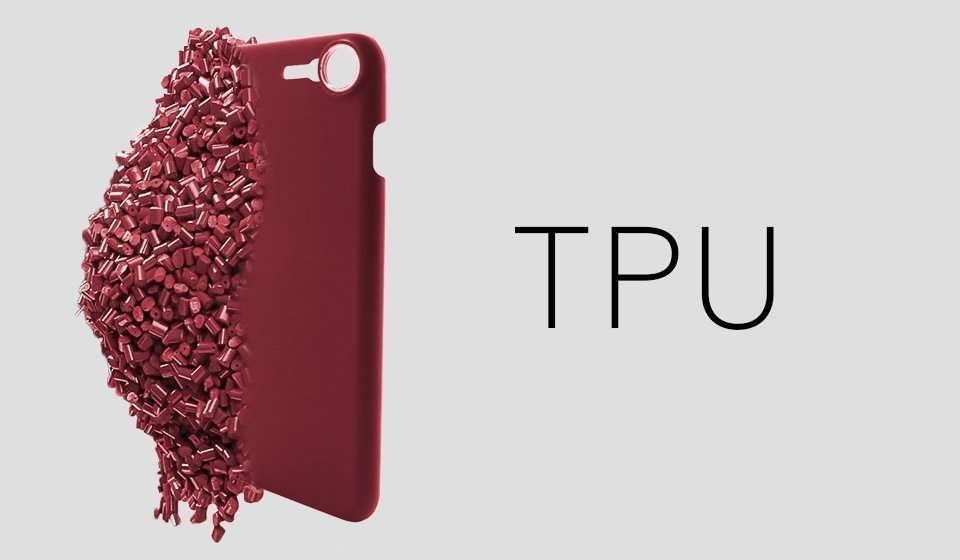
403
Sorry!!
Error! We're sorry, but the page you were looking for doesn't exist.
Google's TPU Chips Emerge As Significant Competitor In AI Hardware Market
(MENAFN- The Arabian Post)
Google's Tensor Processing Units (TPUs) are rapidly gaining traction in the artificial intelligence (AI) hardware market, presenting a formidable challenge to NVIDIA's longstanding dominance. Recent analyses indicate that Google's TPU sales have surged, with estimates ranging between $6 billion and $9 billion, contributing significantly to Broadcom's semiconductor revenue.
NVIDIA has maintained a commanding presence in the AI hardware sector, particularly with its Graphics Processing Units (GPUs) designed for data centers. In 2023, NVIDIA shipped approximately 3.76 million data center GPUs, securing a 98% revenue share in this segment. This dominance has been largely unchallenged until the recent rise of Google's TPUs.
Google's TPUs, custom-designed to accelerate machine learning tasks, have been integral to the company's AI initiatives. The introduction of TPU v4 in 2021 marked a significant advancement, coinciding with the growing adoption of large language models. This development has propelled Google to become a notable player in the data center processor market, with some reports positioning it as the third-largest entity in this space.
The increasing demand for TPUs is not only enhancing Google's internal AI capabilities but also influencing the broader market dynamics. Broadcom, a key partner in manufacturing these chips, has repeatedly revised its AI semiconductor revenue targets upward, now aiming for $12 billion this year. This upward trajectory underscores the substantial impact of Google's TPU orders on the semiconductor industry.
Despite this momentum, NVIDIA continues to innovate and expand its product offerings. The company unveiled its Blackwell architecture in March 2024, introducing the B100 and B200 data center accelerators designed to meet the evolving demands of generative AI applications. NVIDIA's CEO, Jensen Huang, emphasized that these processors are tailored for the generative AI era, highlighting the company's commitment to maintaining its leadership position.
Industry analysts observe that while Google's TPUs are making significant inroads, NVIDIA's established ecosystem and continuous innovation present substantial barriers to displacement. The AI chip market is poised for further growth, with projections indicating a compound annual growth rate (CAGR) of 31.9% from 2024 to 2030, potentially reaching a market size of $78.5 billion by 2027.
The competitive landscape is further intensified by other tech giants developing custom AI chips to reduce reliance on third-party suppliers. Companies like Amazon and Meta are investing in proprietary solutions, contributing to a diversified market where multiple players vie for prominence.
In this evolving scenario, NVIDIA's market share, which has been as high as 98% in data center GPUs, may experience shifts as competitors like Google continue to expand their hardware capabilities. The AI hardware market's future trajectory will likely be shaped by ongoing innovations, strategic partnerships, and the scalability of solutions offered by these tech behemoths.">
Legal Disclaimer:
MENAFN provides the
information “as is” without warranty of any kind. We do not accept
any responsibility or liability for the accuracy, content, images,
videos, licenses, completeness, legality, or reliability of the information
contained in this article. If you have any complaints or copyright
issues related to this article, kindly contact the provider above.

















Comments
No comment